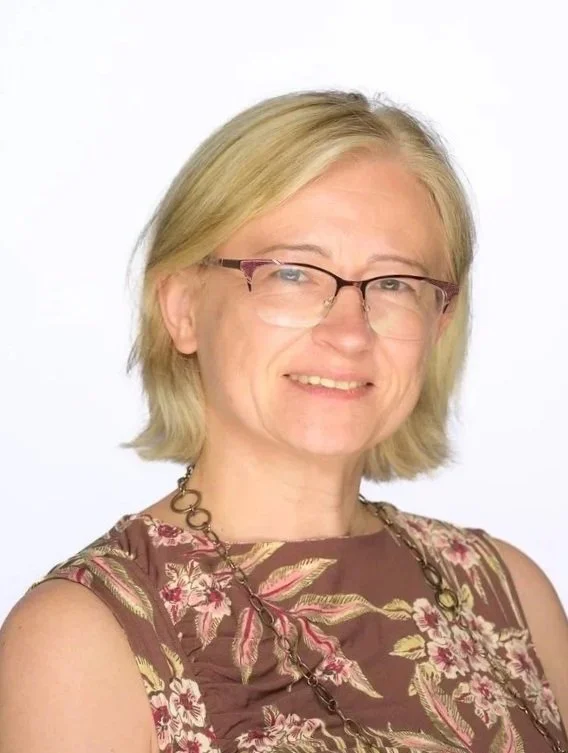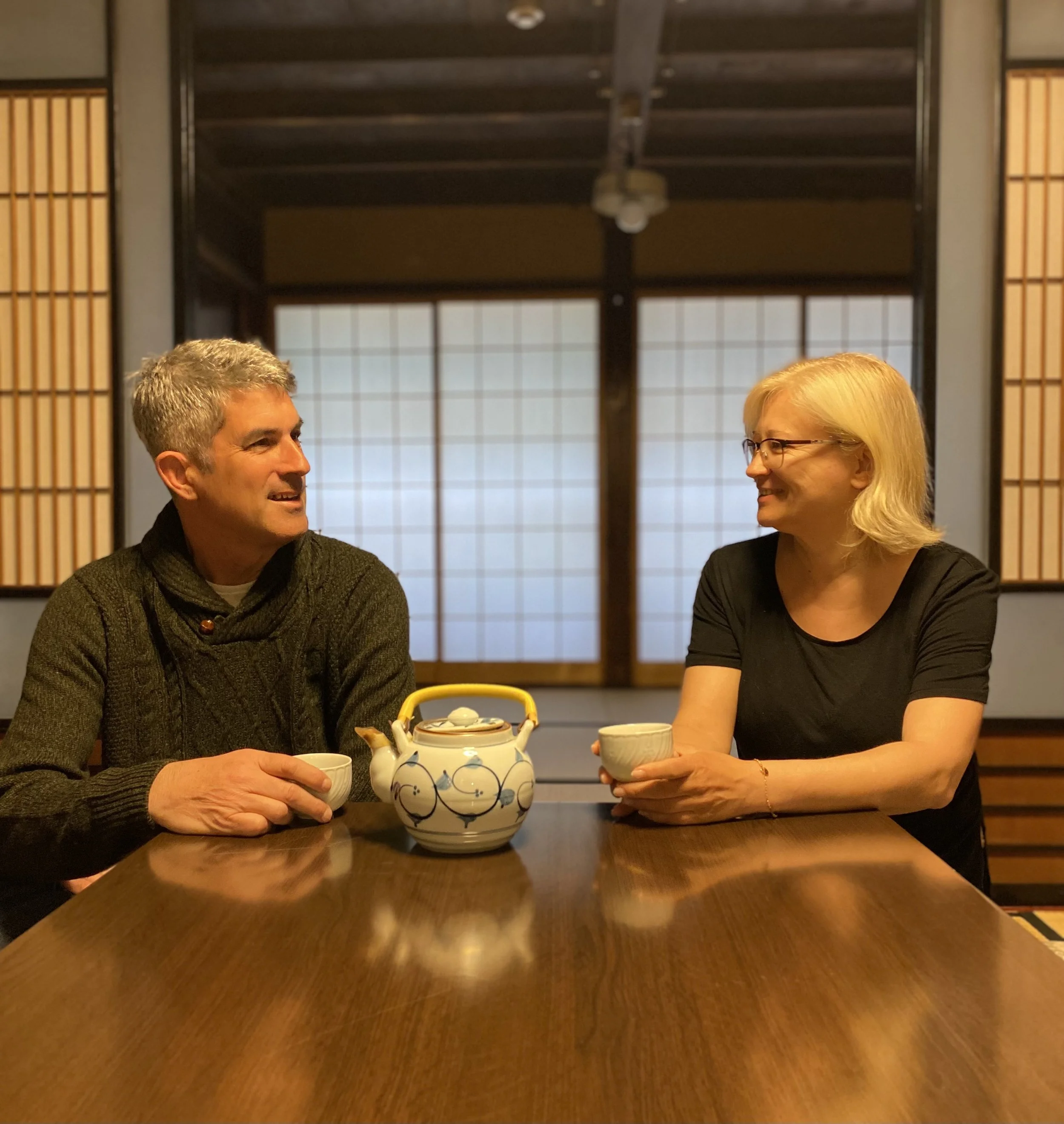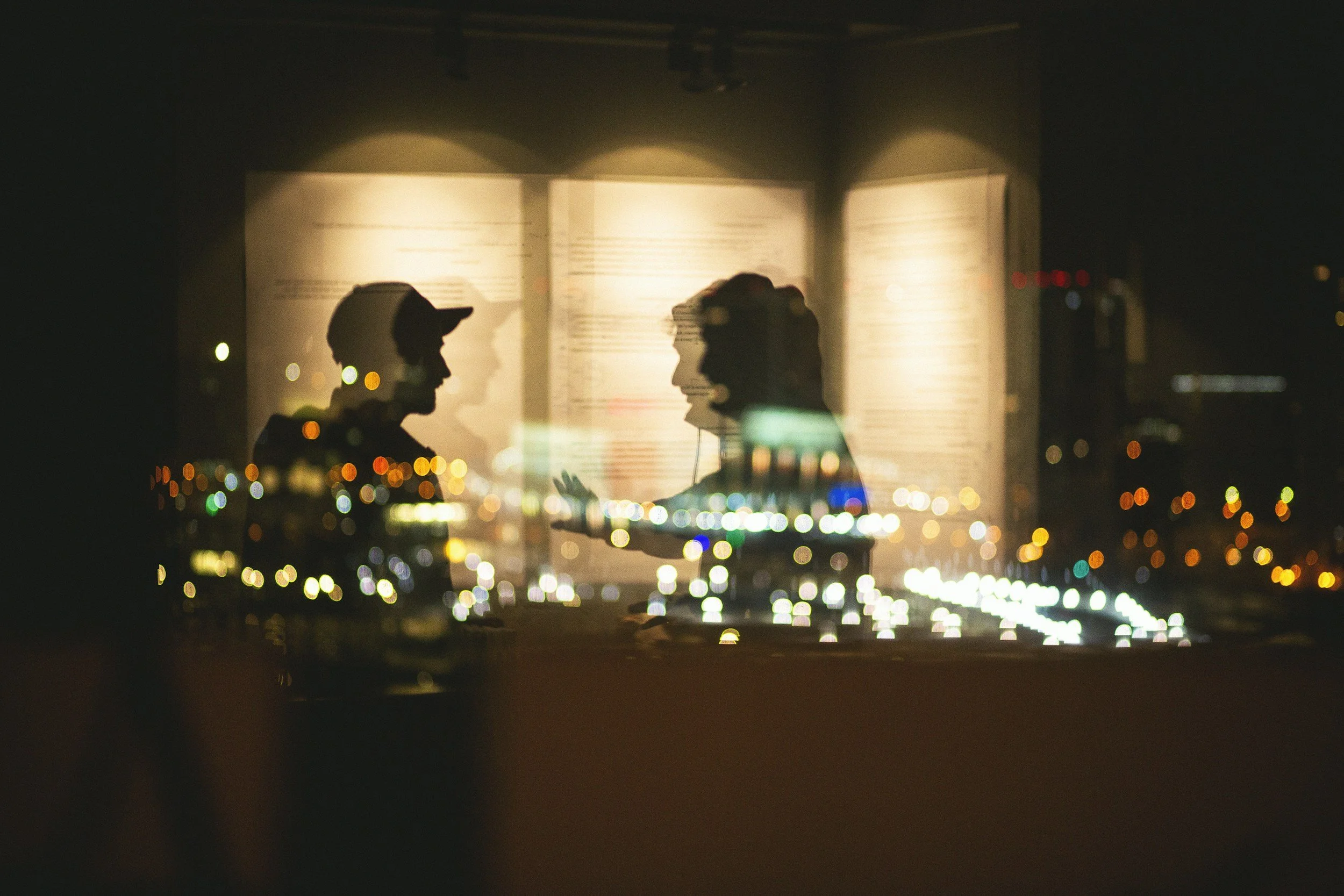NBAU Blog

Beyond headlines: why planning for one future is no longer enough
In a world defined by permanent disruption, planning for a single future is no longer enough. This annual blog looks beyond the headlines to read the patterns shaping the year’s risk landscape – from geopolitical shocks and shifting power dynamics to technological acceleration and climate instability. Its central argument: crisis preparedness is no longer a specialized function. It is a core leadership capability that requires reading patterns, thinking across scenarios and integrating risk and strategic planning as two sides of the same coin. For leaders navigating volatility, resilience means preparing for multiple futures and reframing disruption as an opportunity to adapt, grow and thrive in an increasingly shock-prone world.

5 things I learned in 5 years of running a business (so far)
Five years ago, NBAU opened its virtual doors. The rest was anything but a straight line – circles, zigzags and course corrections. Out of this tangle emerged a clear trajectory of growth. Today, I’m doing some of the most meaningful work of my career, supporting senior leaders as they navigate complex challenges. At the same time, running a business has been a steep learning curve. In this blog, I share five lessons learned from five years of NBAU (so far) – from dreaming boldly and tempering those dreams with candid market feedback and discipline to experimenting, diversifying and building resilience.

Margaret Brigley on evidence over echo chambers in crisis decisions
What’s often missing in crisis management is evidence, says Margaret Brigley, CEO and Partner at Narrative Research. When, in high-stakes moments, organizations don’t know where they stand on key metrics, such as customer satisfaction, employee sentiment, reputation or sales, they are flying blind. In this Resilience Unfiltered Coffee Chat, we explore how data, research and stakeholder engagement can guide crisis decisions and keep them rooted in reality rather than swayed by noise. Margaret shares what’s changing in research and consultation methodologies, why validation and verification are essential, and how leaders can stay true to their values while responding to shifting sentiment under pressure.

Media panels: from key messages to real issues
Media panels test a spokesperson’s ability to think on their feet and engage in real-time debate. They are dynamic, highly interactive group conversations that call for agility and courage to move beyond rehearsed talking points and tackle the real issues – even when they are hard to grapple with. In this short blog, you’ll find quick, practical tips to prepare for unpredictable shifts in the discussion, cut to the chase of what the audience really wants to hear, and be strategic in your prep.

A coffee chat with Richard Brown: Leading global comms across cultural divides
“Some ideas don’t travel well across borders,” says Richard Brown, Global Head of Communications at Hitachi Astemo. “You can’t just bring them in a suitcase.” In this Resilience Unfiltered Coffee Chat, recorded over tea in a traditional Japanese house in Toyama Prefecture, we dive into the nuances of leading global communications. You’ll read about the complexities of managing international teams, navigating crises and balancing diverse expectations across cultures, regions and time zones.

A coffee chat with Olya Vovnysh: what elders teach us about love, loss and resilience
“Resilience is a mindset,” says Ivan Franko Homes CEO Olya Vovnysh in this Resilience Unfiltered Coffee Chat. Drawing on stories from elders in their 90s and 100s, Olya reflects on what anchors us in hard times: don’t give up, stay the course and zoom out to see what really matters. When you sit with someone who’s lived through war and loss, she says, you gain perspective – and a kind of strength that carries you forward.

Remembering Dr. Ian Mitroff
How do we prepare for – and find meaning in – the unthinkable? This post honours the legacy of Dr. Ian Mitroff, one of the world’s most influential systems thinkers and crisis scholars. It is a reflection on three themes central to his work: systems thinking as a core resilience skill, the role of sense-making in times of crisis, and early signal detection as the most effective form of crisis management.

Putting the lesson before the test: building resilience through crisis training
In a crisis, there is no take two. his article explores how crisis training turns high-stakes trial by fire into structured, low-risk learning. It follows a deliberate arc of familiarization, practice, and rehearsal – helping communicators and leaders build the confidence and capability to fail safely and adapt quickly before the pressure hits. Because the first time in the hot seat should be in a training room—not under the glare of live cameras.

Dr. Matt Tidwell: crises, values and media readiness in a divided world
How can organizations stay true to their values when navigating high-stakes situations amid rising activism, widespread misinformation, and shrinking newsrooms? In this Resilience Unfiltered Coffee Chat, crisis strategist and educator Dr. Matt Tidwell explores the connection between values, crisis resilience and media readiness—and why so many crisis plans sit on a shelf, untested and outdated. He also shares insights on proactive media training and crisis preparedness as a continuous, evolving process.

Beyond the headlines: five wishes for communicators in an uncertain world
The world is changing faster than we can process. Geopolitical shifts, digital disruption and deep societal divides are reshaping reality in ways we don’t yet have the language for. In this blog, I take a step beyond the headlines to explore what’s ahead—and how communicators can make sense of it all. In times of crisis and transformation, what we say—and how we say it—matters more than ever. This blog offers five "wishes" for communicators navigating uncertainty in 2025, from the power of words to the importance of resilience.

Anne Marie Aikins on proactive reputation management in ‘good and really bad times’
In this Resilience Unfiltered Coffee Chat, veteran issues management strategist Anne Marie Aikins explores how organizations can navigate media relationships during both “good and really, really bad times” amid rapid media change. She stresses the importance of proactive reputation management in mitigating risks and offers advice to help spokespeople boost their confidence and build trust as strategic advisors to their leadership teams.

Beneath the surface: dealing with whale-size problems in media interviews
Spokespeople navigating high-stakes media interviews must be equipped to address hidden challenges that could escalate into larger issues if unaddressed. These 'whales' beneath the surface are complex problems that require strategic management. For those facing unexpected questions or difficult media moments, this blog provides actionable tips to navigate challenges and steer interviews toward safer waters.

Coffee chat with Kim Clark: is there a way to get layoffs right?
In this Resilience Unfiltered Series coffee chat, DEI communications expert Kim Clark joins Natalia Smalyuk to discuss the difficult reality of layoffs and urge leaders to consider alternatives. Kim argues layoffs should be a last resort, sharing strategies for minimizing their impact, exploring options and offering insights on how communicators can play a crucial role in navigating decisions. The Resilience Unfiltered Series encourages open dialogue on tough issues to build understanding and resilience in times of crises and change.

A coffee break Q&A with Alexander Rau: “Cyber resilience is a marathon, not a sprint”
This coffee-break Q&A with Alexander Rau, a partner leading KPMG’s Technology Risk Consulting Advisory Practice, is about what organizations should watch out for in the changing landscape of cyber risk, from the rise of third-party attacks to the challenges posed by zero-day vulnerabilities to AI-driven threats. The chat is packed with tips on how companies can enhance their cyber crisis resilience before, during and after adverse events.

How come you didn’t see this coming?
Strategic planning and crisis planning are often seen as separate processes. They don't have to be. Boards can enhance organizational resilience balancing oversight and foresight, integrating strategic planning and crisis planning, and using scenarios to plan ahead. When an organization makes a strategic choice, it must do the homework on its vulnerabilities, working through the issues before they become bigger problems in early detection, prevention, mitigation and proactive crisis management programs. Shifting from asking “What are the odds?” to “What’s important?” and “What if?” boards get in front of the question: “How come you didn’t see this coming?”

Crisis resilience: coping with wicked messes in uncertain times
Today’s crisis cascades show the complexity of communication in global and national disasters where stakeholder expectations shift extremely quickly. Many of today’s scenarios, from regional wars to economic shocks to severe weather events, are not in the traditional playbooks. The article talks about proactive, strategic, systemic crisis management in uncertain times – and how communicators can bring value as reputation coaches before, during and after adverse events.

A coffee Q&A with Dr. Ian Mitroff: thinking systemically is the most critical skill in crisis planning
In this coffee Q&A with Dr. Ian Mitroff, we talk about Systems Thinking as a core principle of preparedness in a complex, highly interconnected world. Dr. Mitroff is credited as one of the founders of the modern discipline of Proactive Crisis Management.

Risk, trust and possibility: year-turn thoughts on news and trends
Each year has a story. During the holidays, I thought back about 2023, a cup of coffee in my hand and a golden pup at my feet. This blog is my take on the news and headlines of the last year, as well as any clues they might hold about risk and trust in 2024.

A coffee Q&A with Helio Fred Garcia: the agony of decisions and the power of patterns in a crisis
Helio Fred Garcia is a professor in the New York University’s Stern School of Business and Columbia University’s graduate school of engineering, head of a New York-based consulting firm, counsellor and author. In this Q&A, we chat about the power of patterns when stakes are high.

Communication and biochemistry: strategies for conversational excellence
Conversations are not just a way of sharing information. Activating neural pathways, they trigger physical and emotional changes that may shape relationship and performance outcomes. What can go wrong, and how do we get it right? The article focuses on the biochemical dynamics of conversations to build trust.

